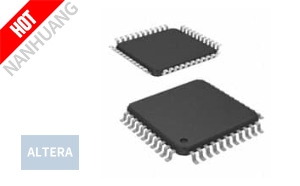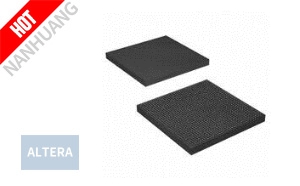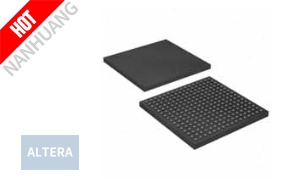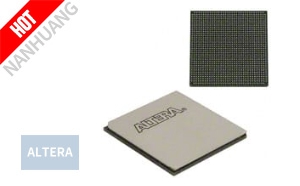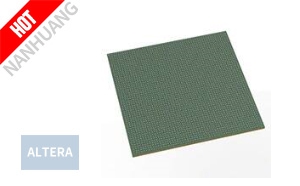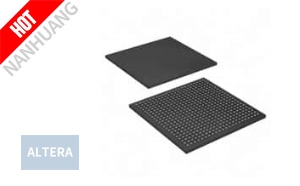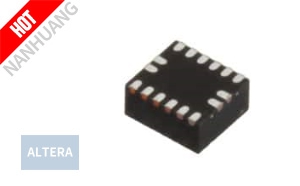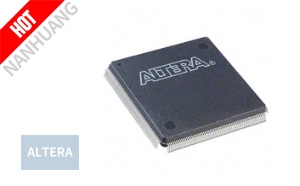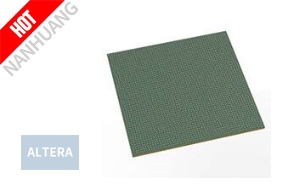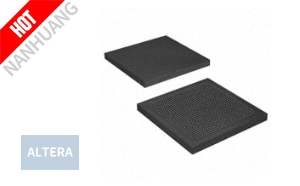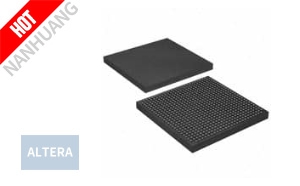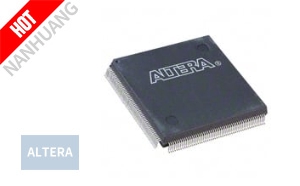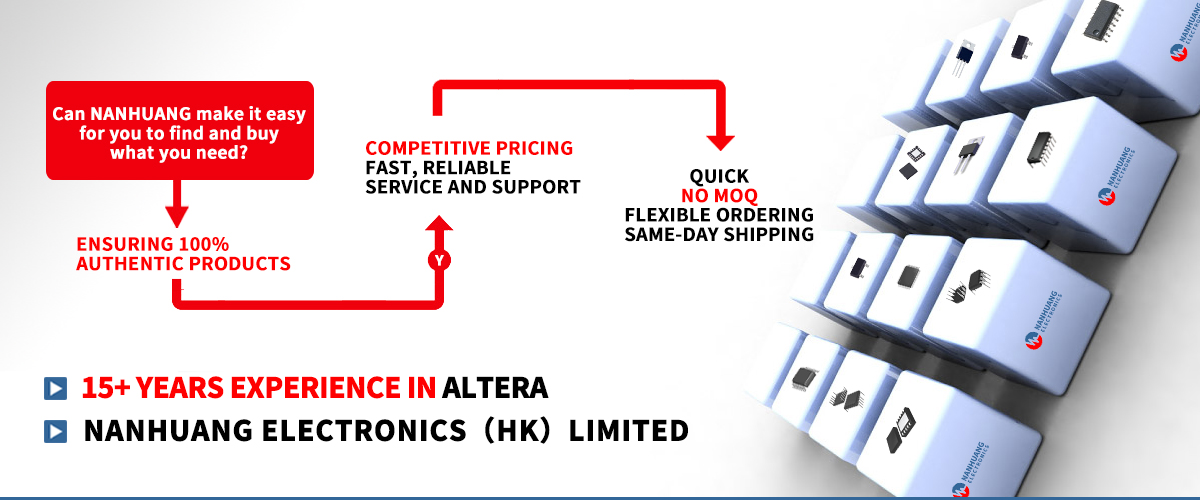
Altera Corporation (Intel) and Intel Corporation today announced their collaboration on the development of multi-die devices that leverage Intel’s world-class package and assembly capabilities and Altera’s leading-edge programmable logic technology. The collaboration is an extension of the foundry relationship between Altera and Intel, in which Intel is manufacturing Altera’s Stratix® 10 FPGAs and SoCs using the 14 nm Tri-Gate process.
Altera’s work with Intel will enable the development of multi-die devices that efficiently integrates monolithic 14 nm Stratix 10 FPGAs and SoCs with other advanced components, which may include DRAM, SRAM, ASICs, processors and analog components, in a single package. The integration will be enabled through the use of high-performance heterogeneous multi-die interconnect technology. Altera’s heterogeneous multi-die devices provide the benefit of traditional 2.5 and 3D approaches with more favorable economic metrics. The devices will address the performance, memory bandwidth and thermal challenges impacting high-end applications in the communications, high-performance computing, broadcast and military segments.
Intel’s 14 nm Tri-Gate process density advantage and Altera’s patented FPGA redundancy technology enable Altera to deliver the industry’s highest density monolithic FPGA die, offering greater integration of system components on a single die. Altera is leveraging its leadership in developing the largest monolithic FPGA die and Intel’s packaging technology to integrate even more capabilities into a single system-in-a-package solution. Intel’s manufacturing process is co-optimized to offer manufacturing simplicity consisting of turnkey foundry services that include the manufacturing, assembly and testing of heterogeneous multi-die devices. Intel and Altera are currently developing test vehicles aimed at streamlining manufacturing and integration flows.
“Our partnership with Altera to manufacture next-generation FPGAs and SoCs using our 14 nm Tri-Gate process is going exceptionally well,” said Sunit Rikhi, vice president and general manager, Intel Custom Foundry. “Our close collaboration enables us to work together in many areas related to semiconductor manufacturing and packaging. Together, both companies are building off one another’s expertise with the primary focus on building industry-disrupting products.”
“Our collaboration with Intel on heterogeneous multi-die device development reflects a shared commitment by both companies to improve the bandwidth and performance of next-generation systems,” said Brad Howe, senior vice president of research and development at Altera Corporation. “Leveraging Intel’s advanced manufacturing and chip packaging capabilities will allow Altera to deliver system-in-a-package solutions that have been identified as critical to meeting overall performance requirements.”
All registered trademarks and other trademarks belong to their respective owners. For more details, please visit Altera (Intel) official site.
- IC CPLD 32MC 5NS 44TQFP
- IC FPGA 976 I/O 1517FBGA
- IC CPLD 256MC 10NS 256FBGA
- IC FPGA 432 I/O 1152FBGA
- IC FPGA 296 I/O 2912BGA
- IC FPGA 291 I/O 484FBGA
- DC DC CONVERTER 1.8-3.3V 3W
- IC FPGA 199 I/O 240QFP
- IC FPGA STRATIX 10 2912FBGA
- IC FPGA 552 I/O 1152FBGA
- IC FPGA 508 I/O 672FBGA
- IC FPGA 147 I/O 208QFP
- AMD-Xilinx Unlikely to Disrupt the Channel
- Altera Joins China Mobile R&D Program
- Altera & Wind River Deploy SoC Tools
- Altera and Intel Expand Fab Pact
- Altera Offers High-Efficiency Power Conversion for FPGAs
- Altera & TSMC Partner on Packaging
- Altera CEO Receives Semiconductor Industry Highest Honor
- Altera Debuts Nine New PowerSoC Devices
- Altera Dev Board Reduces Costs for Industrial Designs
- Altera Ships 20 nm SoCs
- Altera Design Doubles NAND Flash Life
- Intel Completes Acquisition of Altera


